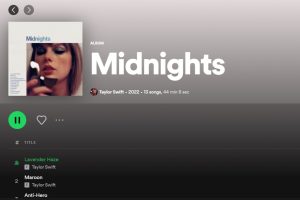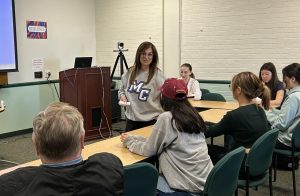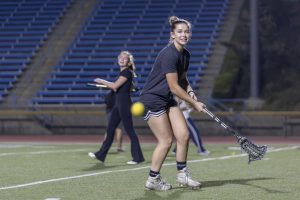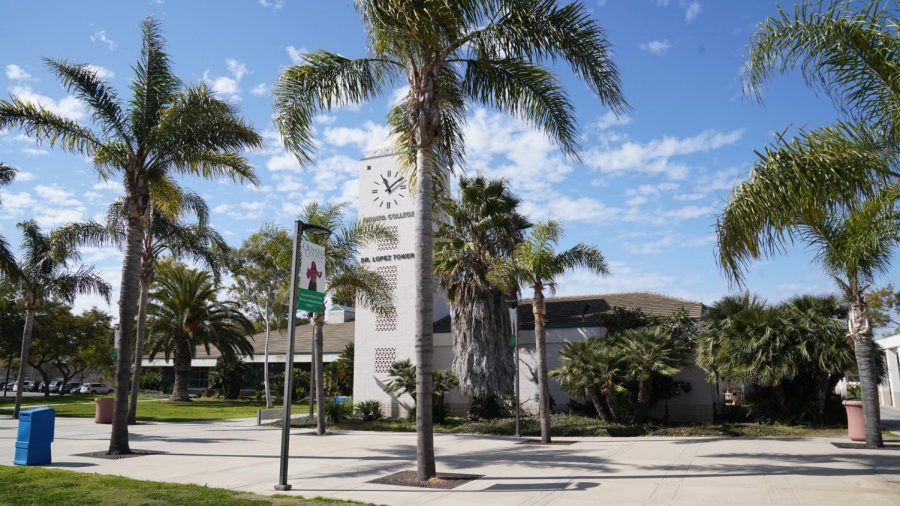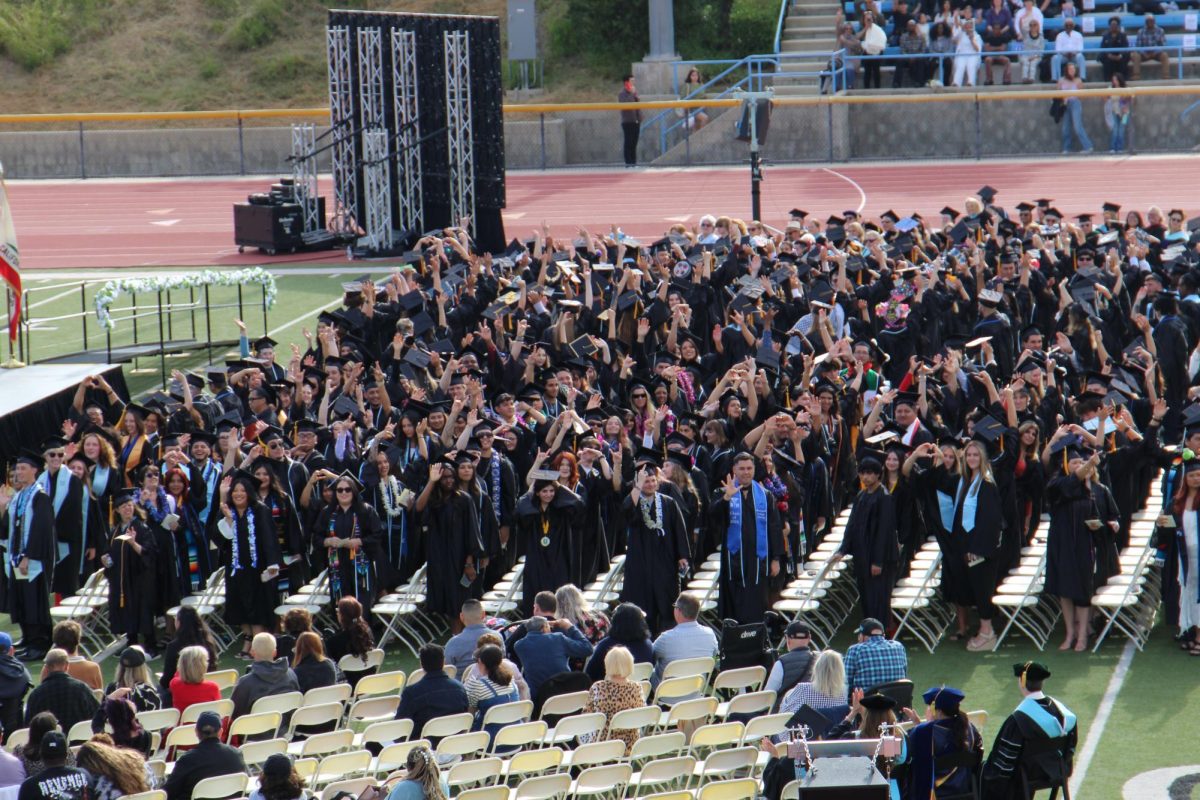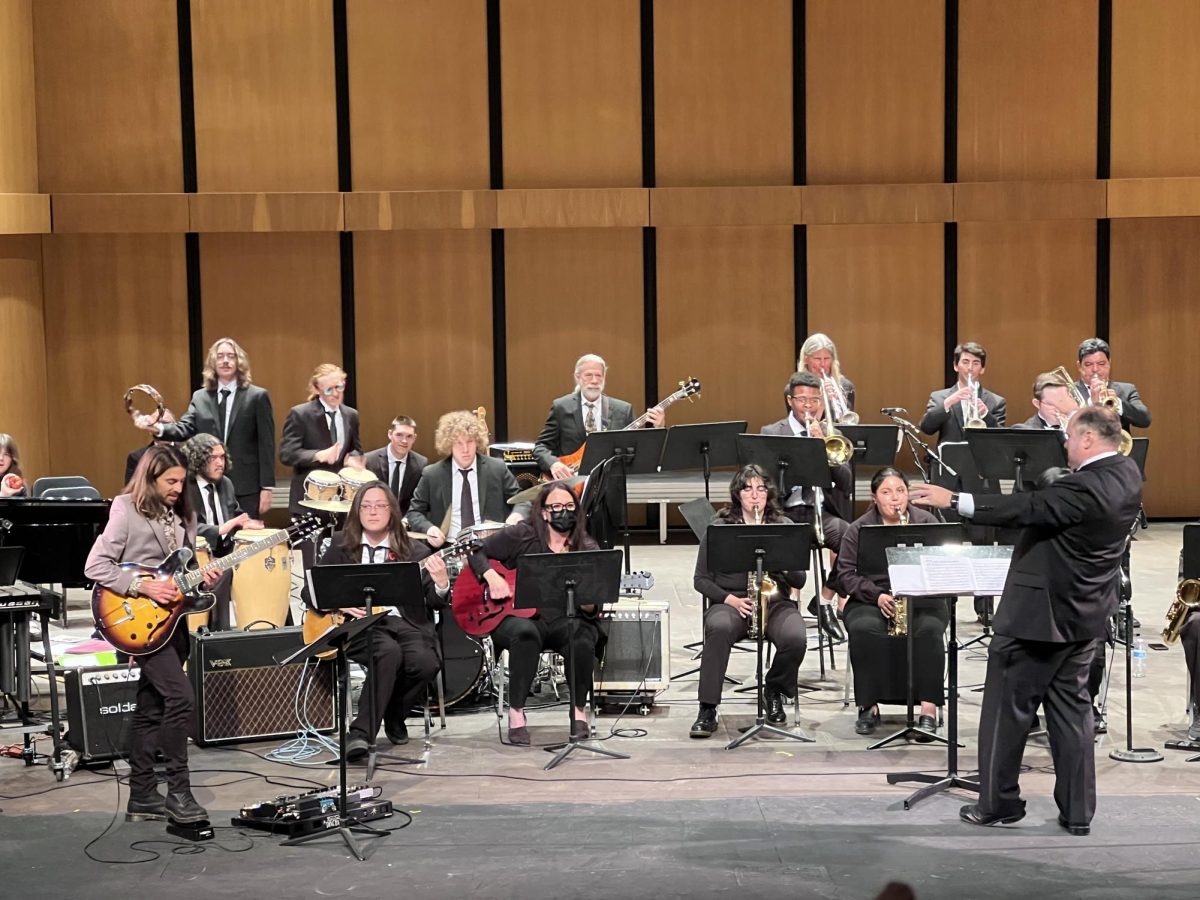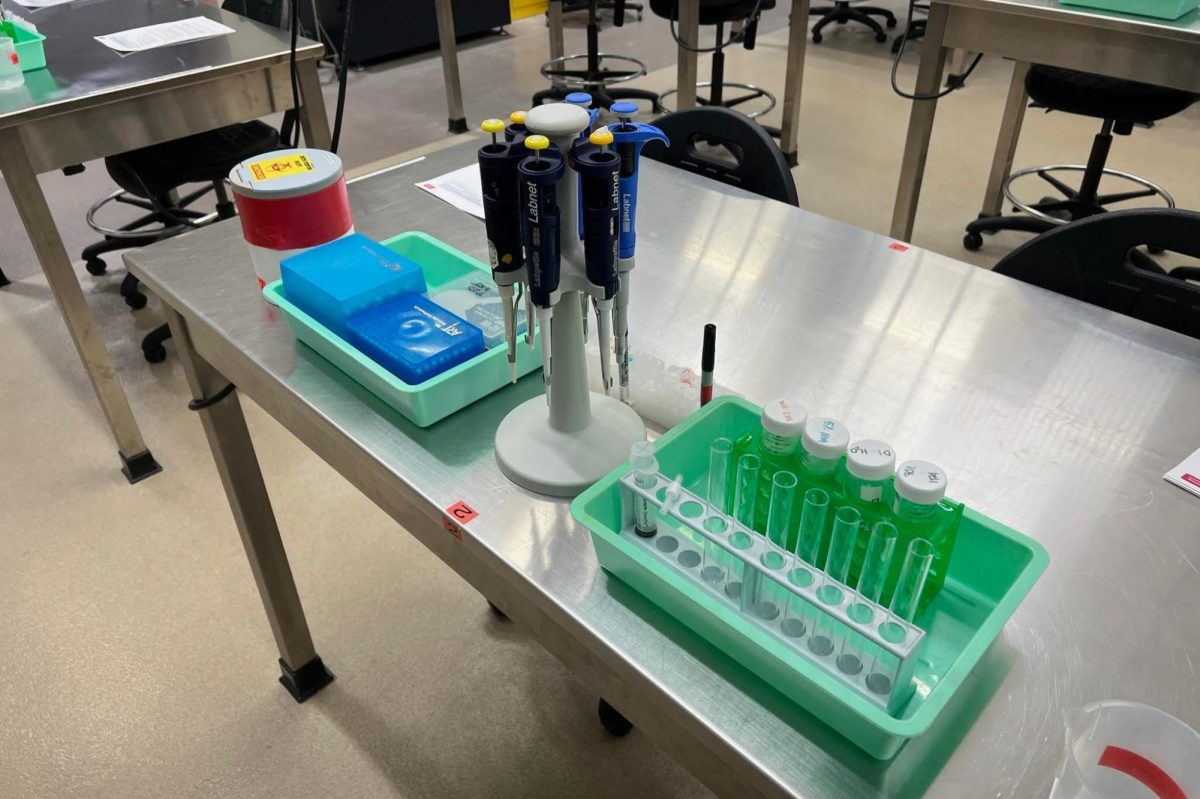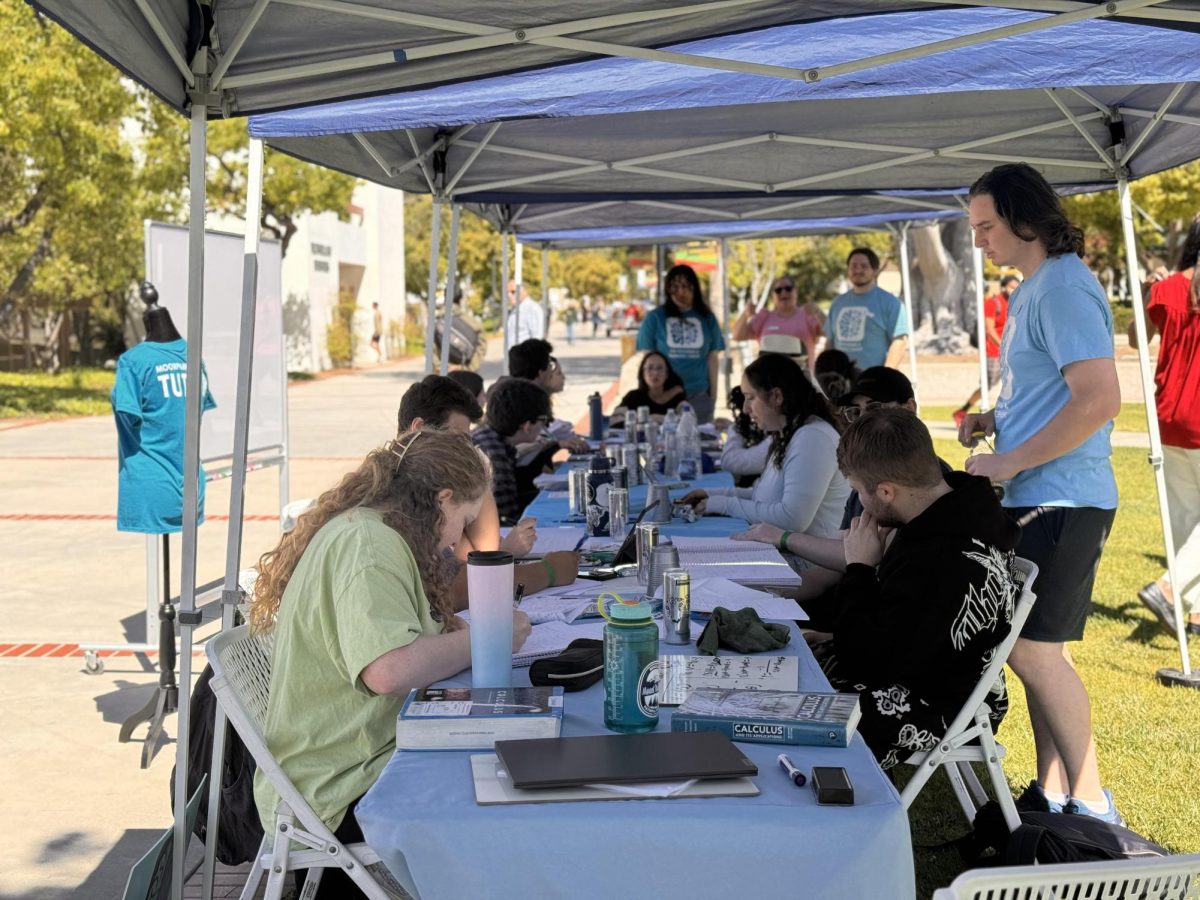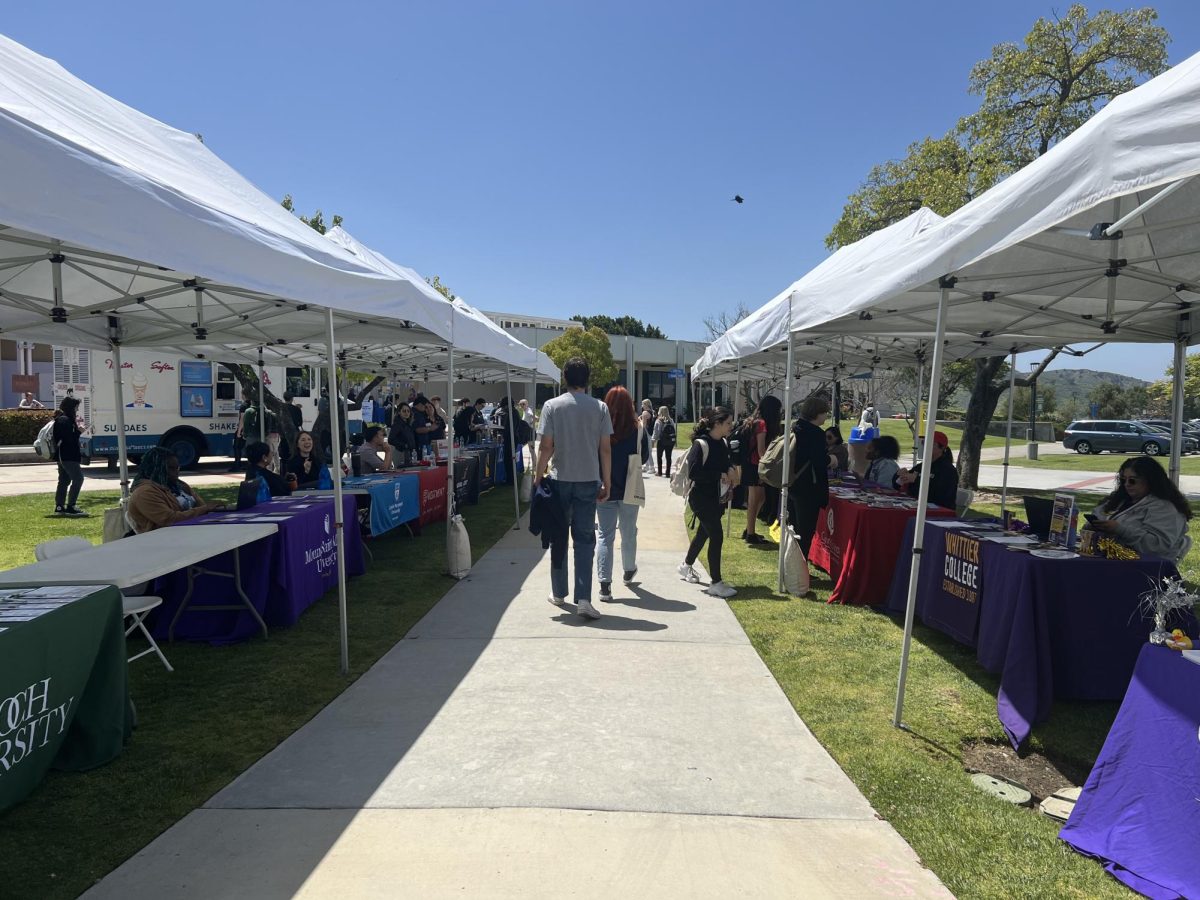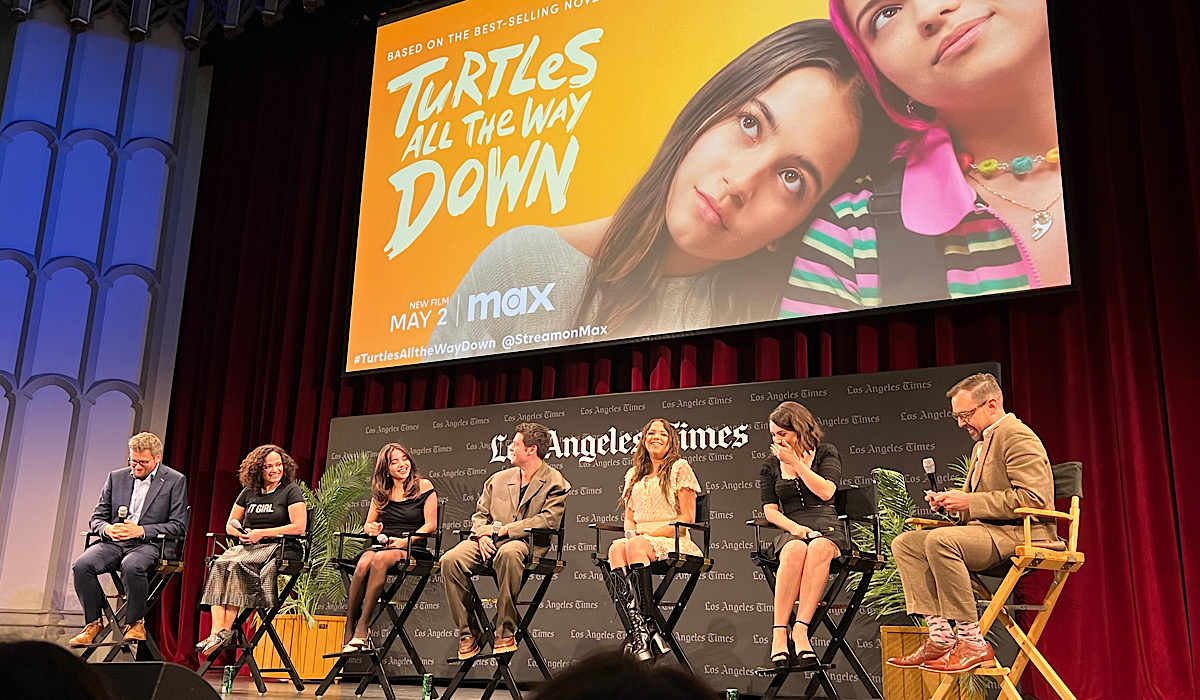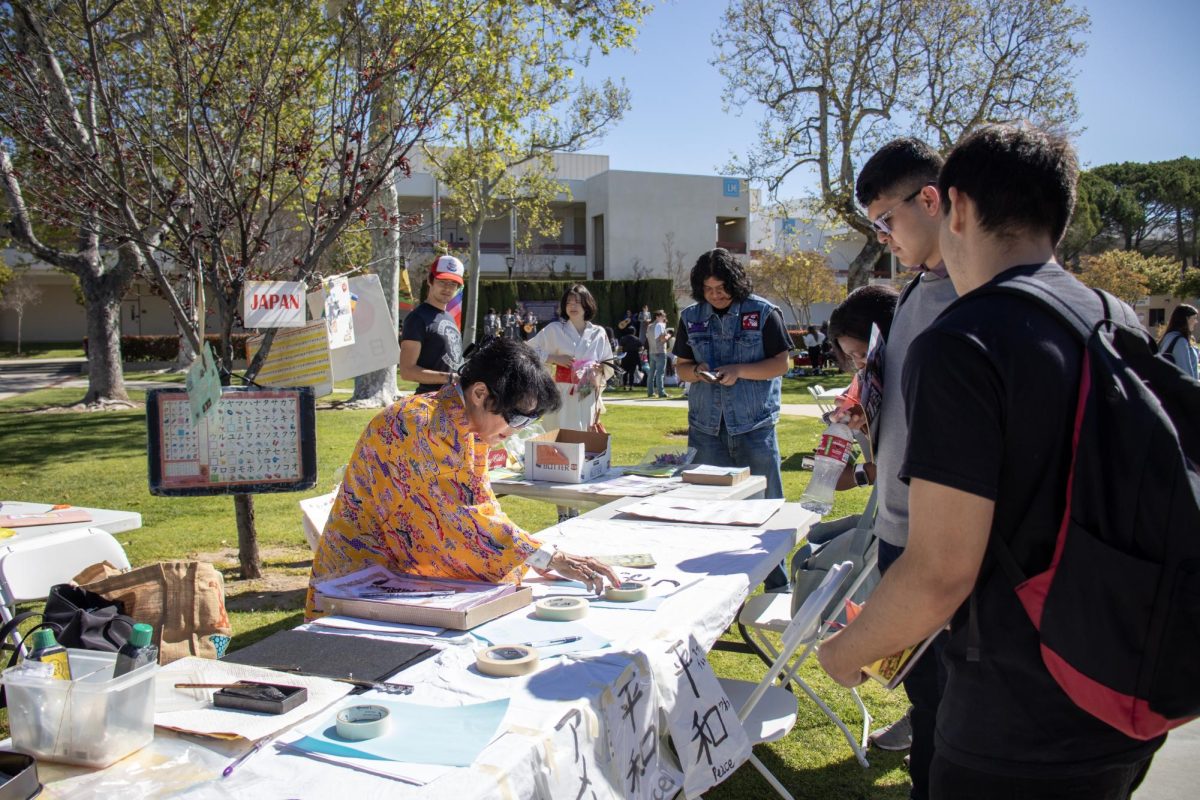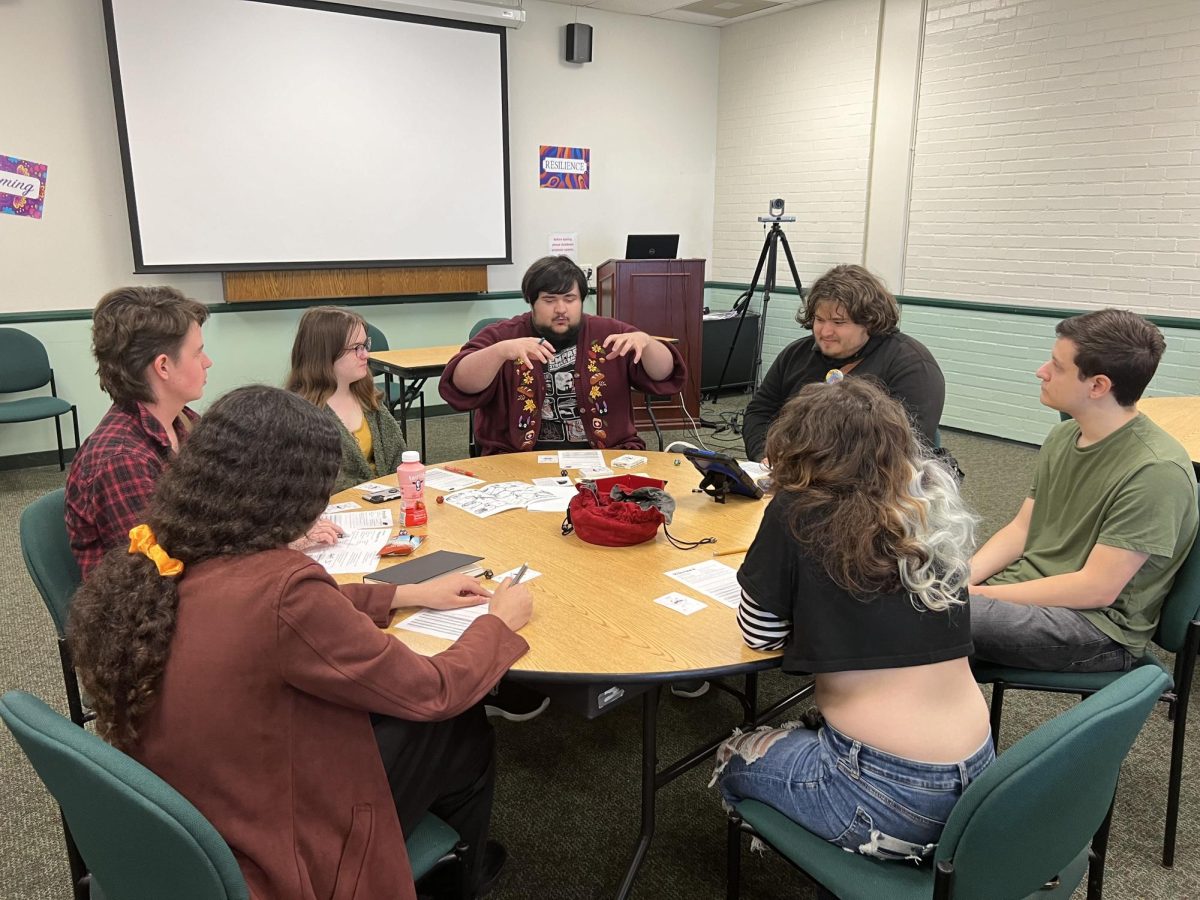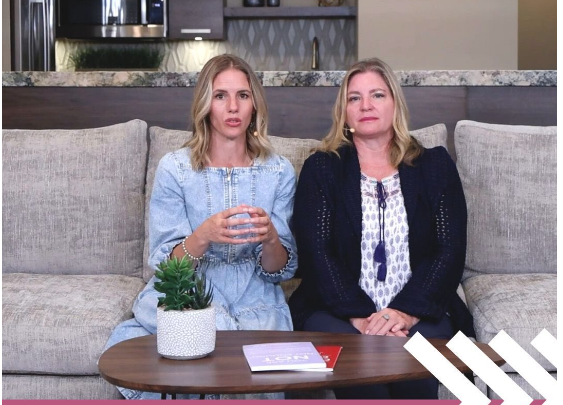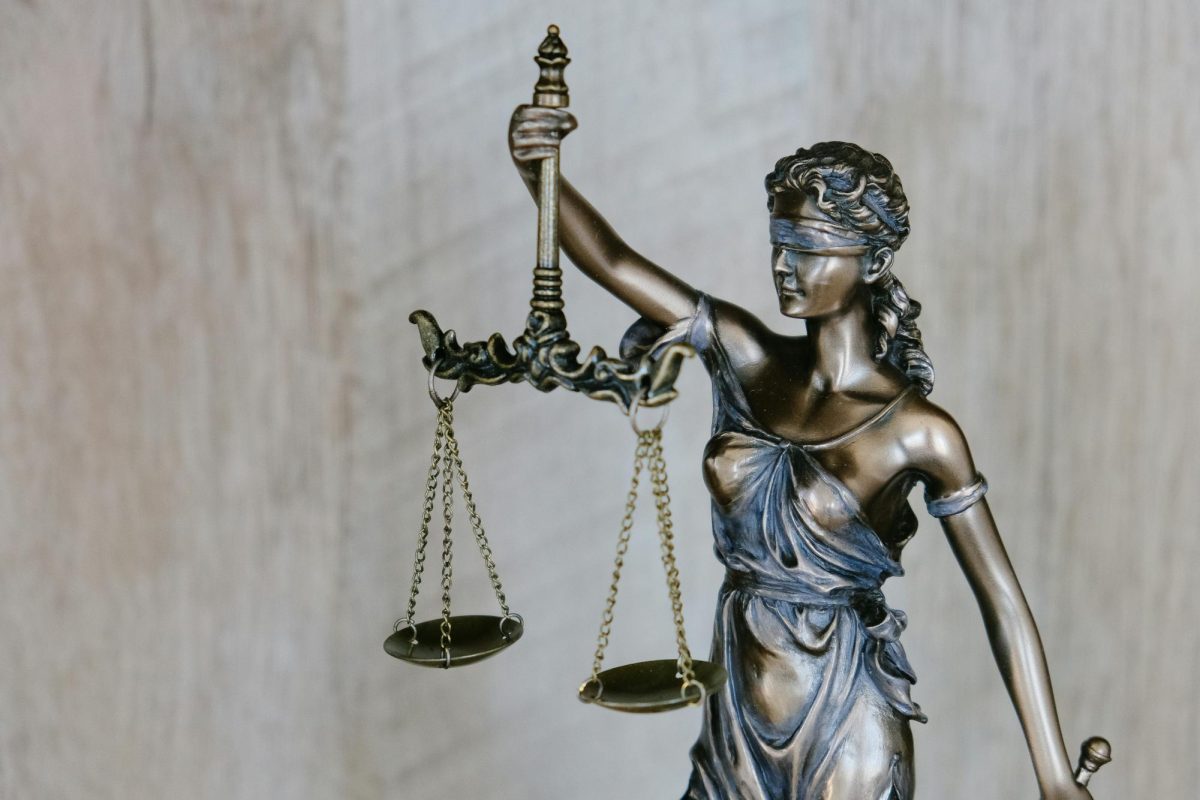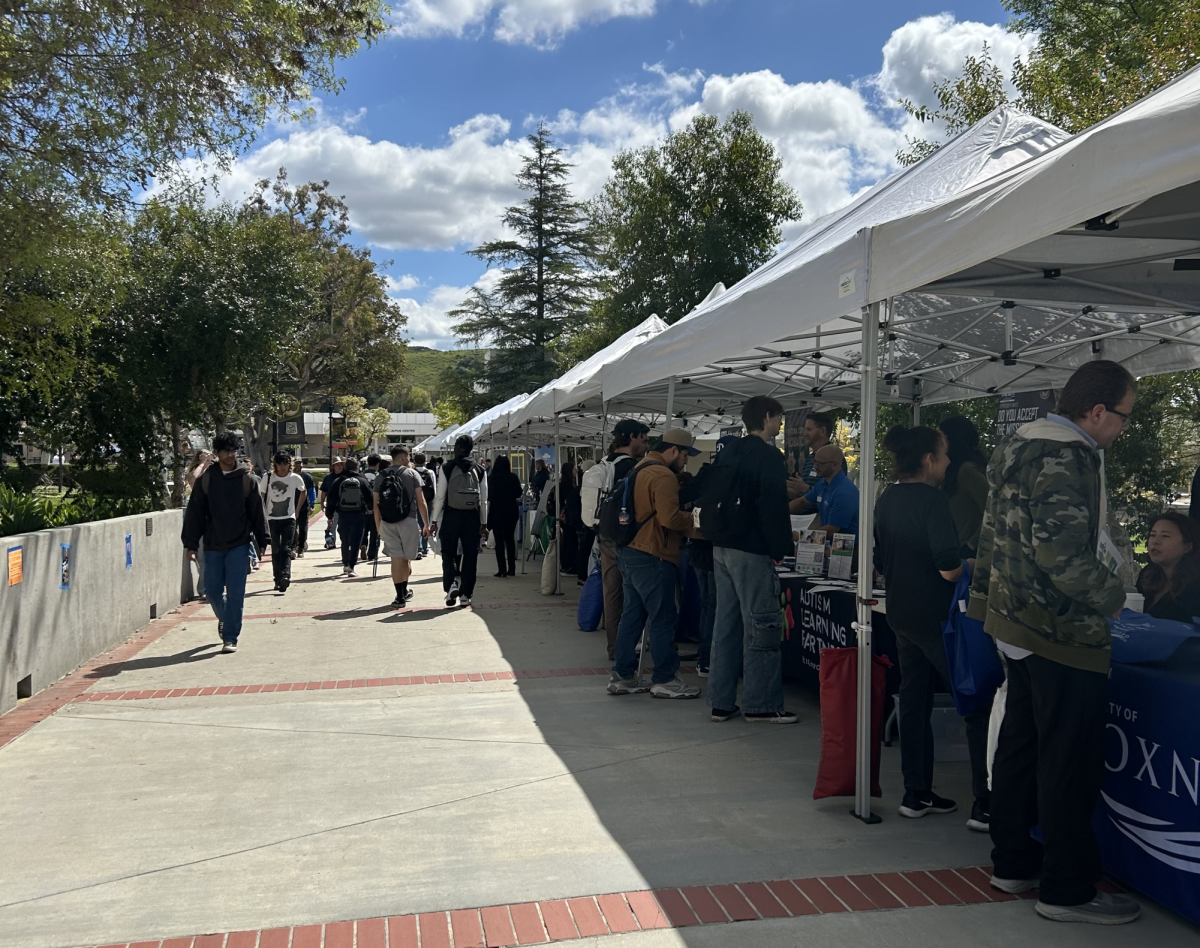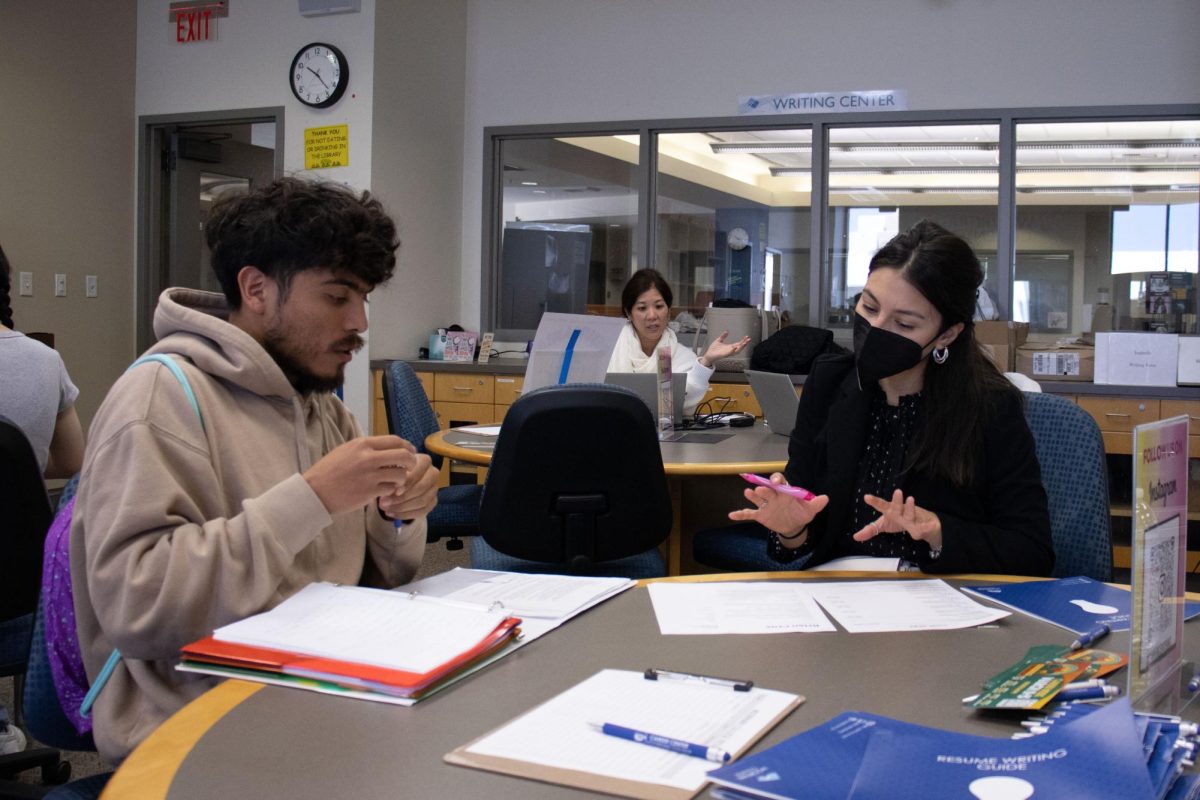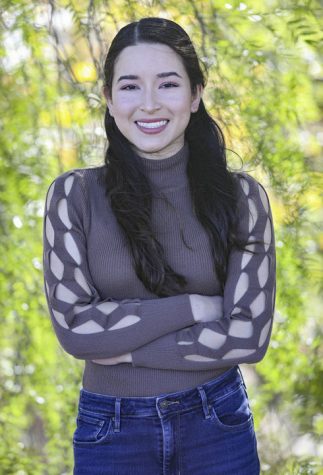For April’s Diversity, Equity and Inclusion Week, Oxnard College hosted the workshop, “Disability Justice 101” by Los Angeles Spoonie Collective.
Professor Jose Maldonado introduced the organization with a brief description of their mission.
“They facilitate workshops on emergence and development of disability justice and activism. They are an activist group that has done many acts of service throughout the community and they are part of a modern civil rights movement,” Maldonado explained.
Community organizer Lilac Maldonado shared her background, as she identifies as “a sick and disabled neurodivergent, two spirit, chicanx femme.” She has been organizing in activism since 2009 on intersectional social justice issues.
Hatfield System, also a member of L.A. Spoonie Collective, explained the meaning of disability justice.
“It’s important to understand that all bodies are unique and essential. Everyone has a different body and a different way of navigating through the world. All bodies have strengths and needs that must be met in order to be successful,” said System.
Maldonado added on by sharing the definition of healing justice to the audience.
Healing justice is creating change in the personal day to day activities by healing oneself and “prioritizing health and wellness of our bodies, of people, land and relation to each other.”
Maldonado stressed that disability justice is not possible without healing justice because change starts out at the “interpersonal level to the institutional level and then systemic levels.”
Because the medical industry implies “be cured or be useless,” healing justice rejects that notion and instead says that the disabled are as capable as anybody else, according to Maldonado.
System and Maldonado then began to define basic terms having to do with disabilities as well as certain theories.
The first term was ableism explained by System.
“(Ableism is) a set of beliefs or practices that devalue and discriminate against people with physical, intellectual or psychiatric disabilities,” said System.
Ableism also ties into impactful discussions such as how to treat those with disabilities. These discussions are usually presented by able-bodied people and those with disabilities are often not included, according to System.
Invisible disability is a type of disability that is not presented physically but mentally or neurologically. Because most cannot see the disability, there are a lot of misconceptions. Some Invisible disabilities include brain injuries, depression, Chron’s disease, schizophrenia and more.
‘The Spoon Theory’ by Christine Miserandino is based on the metaphor she used to describe her chronic illness to her friend at a diner.
According to Maldonado, “(Miserandino) ran around and she grabbed all the spoons and there was about maybe 15 of them. She gave her friend 10 and took five. This represents all the energy we have in a day.”
Someone with a chronic illness can have five spoons as opposed to 15 and therefore need to calculate how to spend their energy wisely. Those with a chronic illness and relate to Miserandino’s theory are identified as spoonies.
To end the workshop, Maldonado and System gave examples of organizations fighting for healing justice and disability justice.
Sins Invalid is an organization led by disabled people of color and focuses on celebrating disabled artists, people of color and LGBTQ communities. They challenge society’s “normal” and “sexy” by being inclusive of all bodies.
Another organization mentioned was the Disability Justice Culture Club. It “is a collective of disabled and/or neurodivergent queer people of color operating out of East Oakland,” Maldonado read from the powerpoint.
The organization serves as a community by hosting events, meetings and meals for disabled Black, Indigenous and People of Color, also known as BIPOC. Able bodied people can be an “accomplice” to help disabled communities.
System explained what it means to be an “accomplice.”
“Disabled people don’t have their voices listened to or supported and have been isolated because of that. It’s really important to recognize that what is actually supporting disabled people is defined by disabled people. It is using the privileges (and) resources we have to really help other people,” said System.
To learn more, watch the recorded workshop uploaded on the Ventura Community College District’s YouTube channel.





